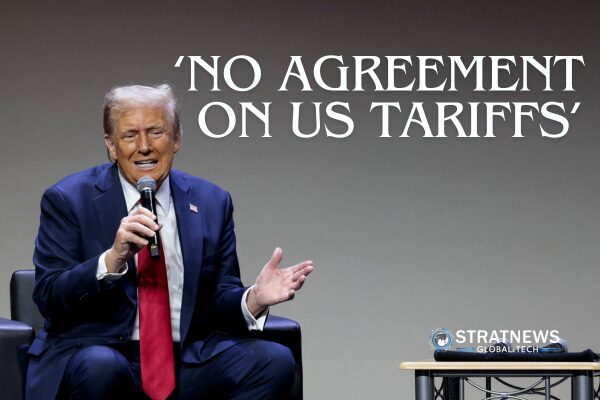Disputed Claims Follow First Economic Dialogue in Five Years
China, Japan and South Korea recently held their first economic dialogue in five years, aiming to boost regional trade amid rising concerns about new US tariffs. However, conflicting statements have emerged over whether the three nations agreed to a joint response to the tariffs proposed by US President Donald Trump.
A social media post from Yuyuan Tantian, an account affiliated with China Central Television, claimed the countries had agreed to work together against the tariffs. It also stated that the nations planned to strengthen supply chain cooperation and increase dialogue on export controls.
Seoul and Tokyo Reject Claims of Joint Stance
South Korea quickly pushed back on the claim. A spokesperson from the country’s trade ministry said the report appeared “somewhat exaggerated” and urged the public to refer to the official joint statement. They clarified that while economic cooperation was discussed, there was no formal agreement on a joint response to US trade measures.
Japan’s Trade Minister Yoji Muto also denied the suggestion. Speaking at a press conference on Tuesday, Muto confirmed there was a meeting between trade ministers over the weekend. However, he stated that no such discussions on US tariffs had taken place. According to him, the meeting served as an exchange of views rather than a formal negotiation.
Focus on Strengthening Trade and Supply Chains
Despite the confusion, the three countries did agree to accelerate talks on a proposed free trade agreement involving South Korea, Japan and China. This deal is intended to enhance both regional and global trade. The joint statement highlighted the countries’ shared interest in reinforcing economic ties and stabilising supply chains.
According to the Weibo post, Japan and South Korea are looking to import semiconductor materials from China. At the same time, China is interested in purchasing finished chip products from both nations. These shared interests could drive further discussions, even if no consensus was reached on how to deal with US tariffs.
The timing of the meeting was significant, occurring just before President Trump’s anticipated announcement of new tariffs on Wednesday, which he has labelled “liberation day.” While China, South Korea and Japan have strained relations over issues like territorial disputes and environmental concerns, all remain key trading partners of the US.
with inputs from Reuters


